Our Program Philosophy
All of our programs are derived from the science of Applied Behavior Analysis, with clearly defined goals that are targeted via evidence-based practices.
We understand from the research that we subscribe to, as well as from our own experiences working with children with special needs, that our children’s learning is a collaborative interaction.
We cater our programming to meet you and your family’s needs, aspiring to acquire as much pertinent information about your child and his/her history in order to effectively support you all.
Services
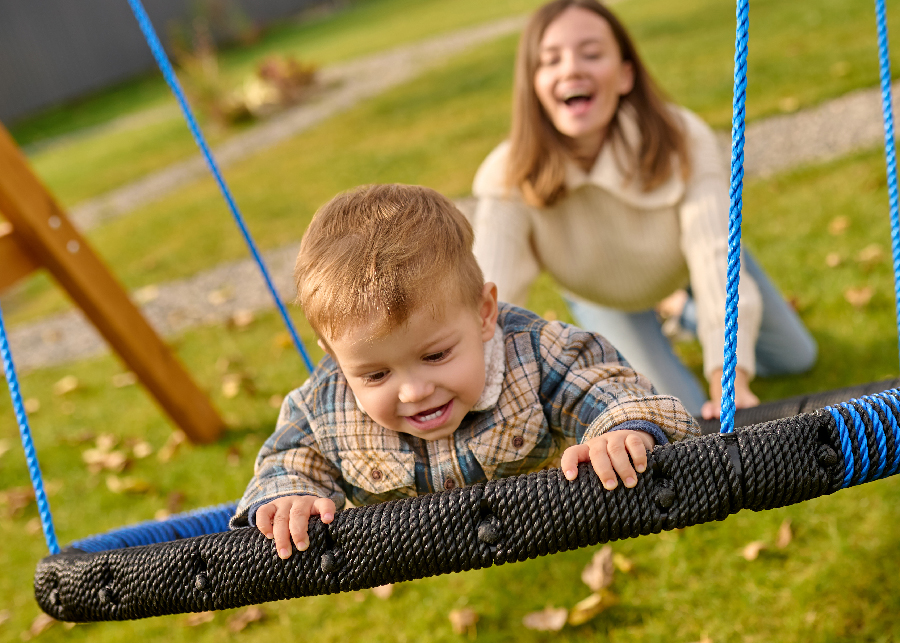
Early Intervention
The goal of the early intervention program is to enhance your child’s learning and development through everyday learning opportunities. Early intervention services are provided to children up to the age of 36 months. The program may include the support of a variety of professionals (occupational therapists, speech and language pathologists, and/or board-certified behavior analysts) to address your child’s unique developmental needs.
The program will focus on teaching meaningful developmental skills during everyday contexts and routines. This includes supporting parents/guardians in enhancing their own child’s development. To be eligible for early intervention services, your child must demonstrate or be at high risk for developmental delay or have an established risk condition.
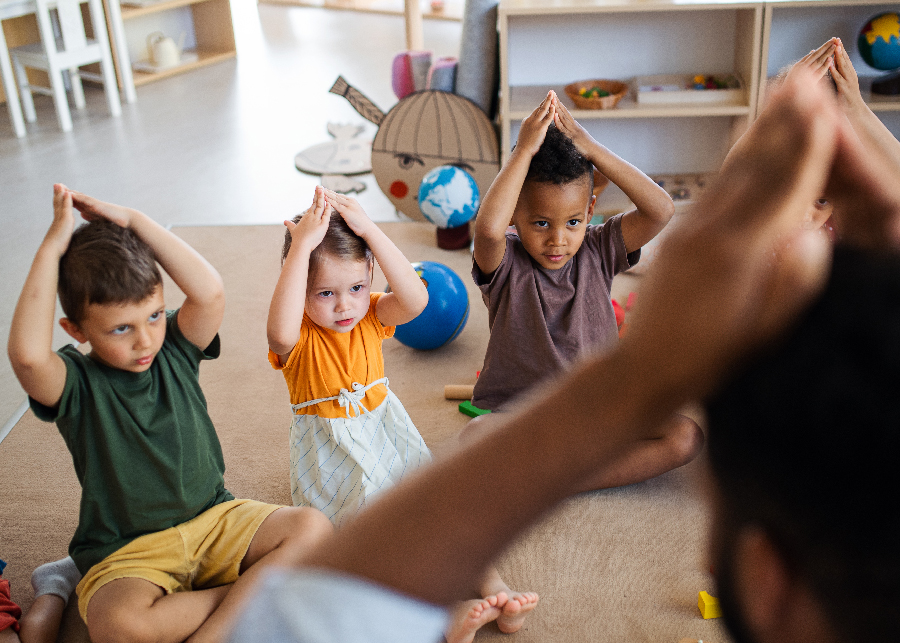
Applied Behavior Analysis
The ABA program aims to increase appropriate skills and reduce problem behavior that may be preventing a child from participating in everyday environments in the home setting, community settings, or school setting. ABA services are provided to children up to the age of 12 years old.
The program will include the support of a Board-Certified Behavior Analyst (BCBA) and other supervisory and direct service providers. When a child begins an ABA-based program, an initial assessment is done to identify skill deficits and behavior challenges that may be impairing a child’s ability to thrive in their environment(s).
Goals and objectives for each child are determined according to initial assessment results and are updated frequently through regular observations by qualified staff members.
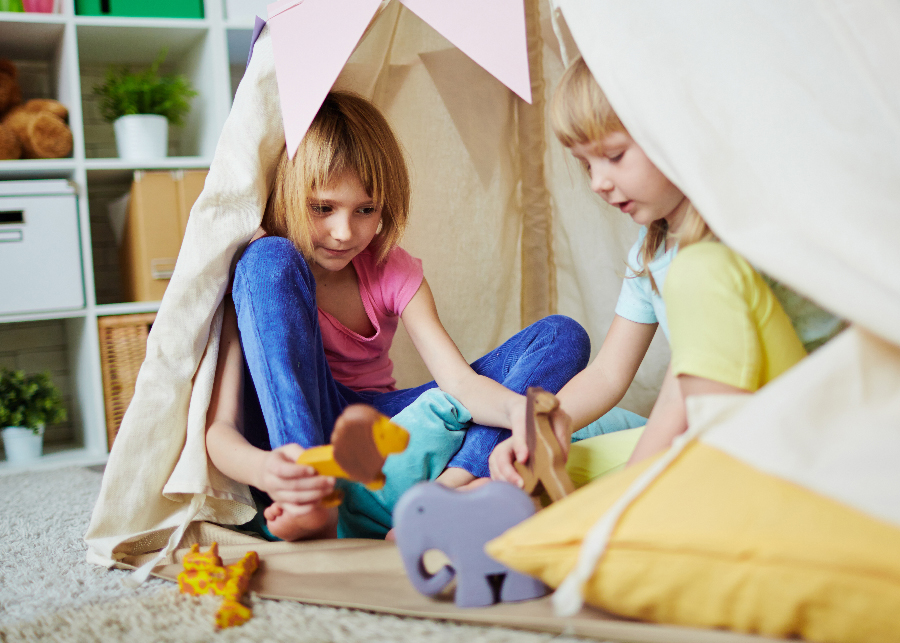
Social Skills Training
Social skills training employs techniques from applied behavior analysis (ABA) to strengthen an individual’s social skills. Social skills training can occur in one-to-one therapy, natural environments (i.e., play with peers at a park), or in a group-based setting with peers. Skills addressed may include:
-
-
- Conversations with others
- Play skills with others
- Understanding social norms
- Making friends
- Solving problems
- Managing emotions
-
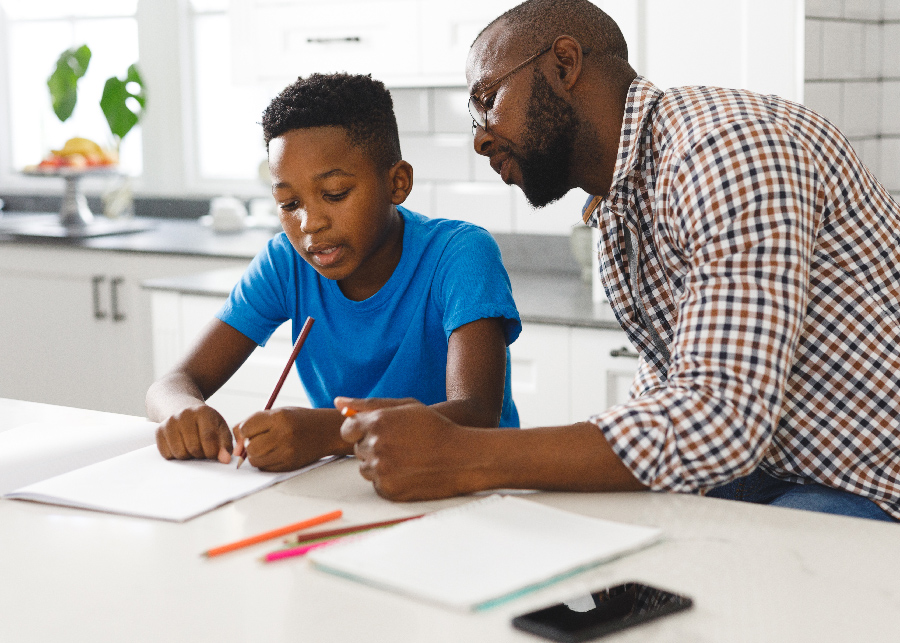
Clinic Services
Clinic services specialize in advancing learning for children with developmental challenges. Clinic services offers a wide range of comprehensive treatments all in one convenient location. This model is effective at accelerating learning across all areas of development, including communication, socialization, behaviors associated with school readiness, toilet training, and safety all while addressing maladaptive behaviors.
Moreover, since the therapy occurs in the safety of the clinic, parents are relieved from the burden of converting their homes to accommodate therapy.

Telehealth Services
Telehealth involves the use of electronic communications to provide services. The information may be used for diagnosis, assessment, therapy, follow-up and/or education.
Electronic systems used will incorporate network and software security protocols to protect the confidentiality of Patient identification and imaging data and will include measures to safeguard the data and to ensure its integrity against intentional or unintentional corruption.
There may be times that the Provider or Technician may be required to use their personal device to record, store or submit treatment sessions. Should personal devices be used, they will be subject to the same network and software security protocols as company-owned equipment.
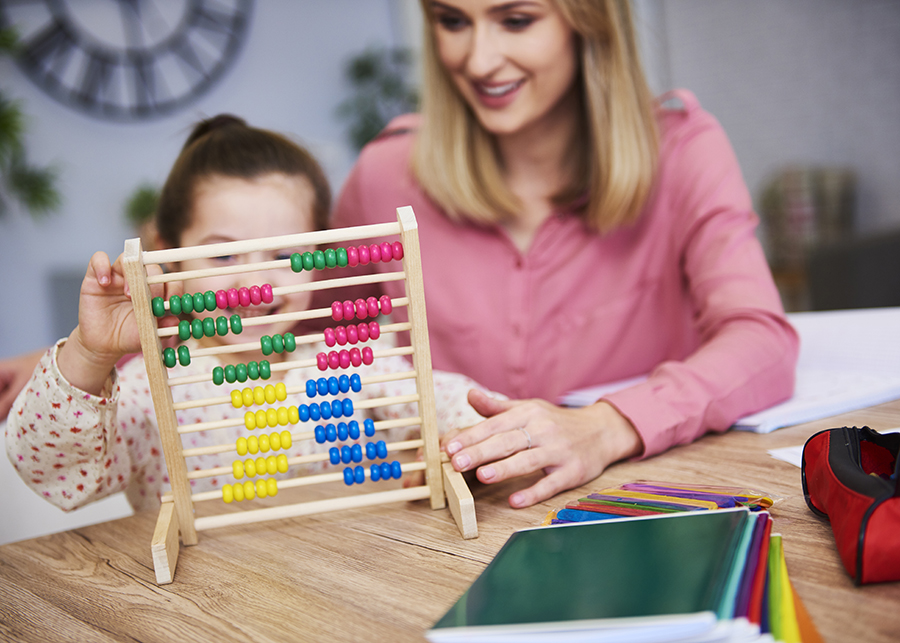
Parent/Guardian Consultation
and Training
Parent/guardian consultation and training is an integral part in maximizing learning and skill development during services. Parent/guardian training has been shown to increases positive outcomes and success, support maintenance and generalization of skills, and support further growth outside of services.
In addition, it has been shown to reduce parent/guardian stress, increase optimism and reduce regression or loss of skills. At Nyansa Learning Corporation, parent/guardian consultation and training are a coordinated effort with families to identify meaningful areas of growth, establish objectives, and support parent/guardians in implementing strategies that will result in meaningful change for their children.

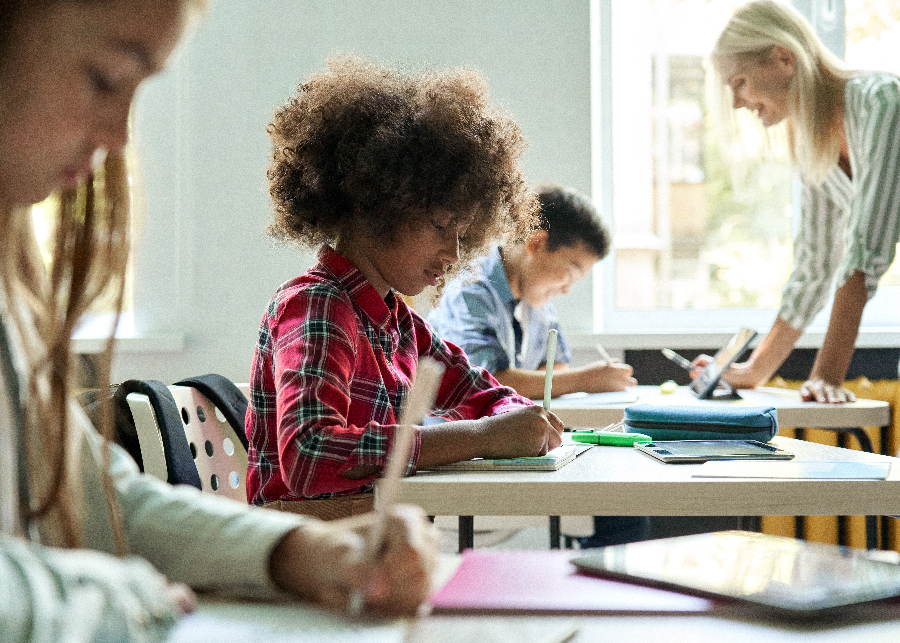
Teaching Strategies That We May Use
Discrete Trial Training
A structured teaching method that breaks learning into small steps. Each small task is taught one at a time until the child demonstrates mastery of the complete skill. In addition, simple skills are taught to mastery before more complex skills are introduced. These teaching techniques help to ensure the child’s success and maximize opportunities for reinforcement.
Natural Environment Teaching
NET is teaching that occurs during everyday environments and routines, using familiar materials/items. During NET, tasks and activities vary frequently and the preferred items and activities chosen by the child serve as the basis for teaching a skill. Reinforcement is direct and specific to the activity.
Functional Communication Training
and Augmentative Communication
Reaching children how to appropriately communicate through gestures/signs, vocally, or other modalities (i.e., alternative or augmentative methods such as sign language and the Picture Exchange Communication System (PECS)). The goal of functional communication training is to provide children with appropriate forms of communication; thus, decreasing the need to engage in inappropriate behaviors.
